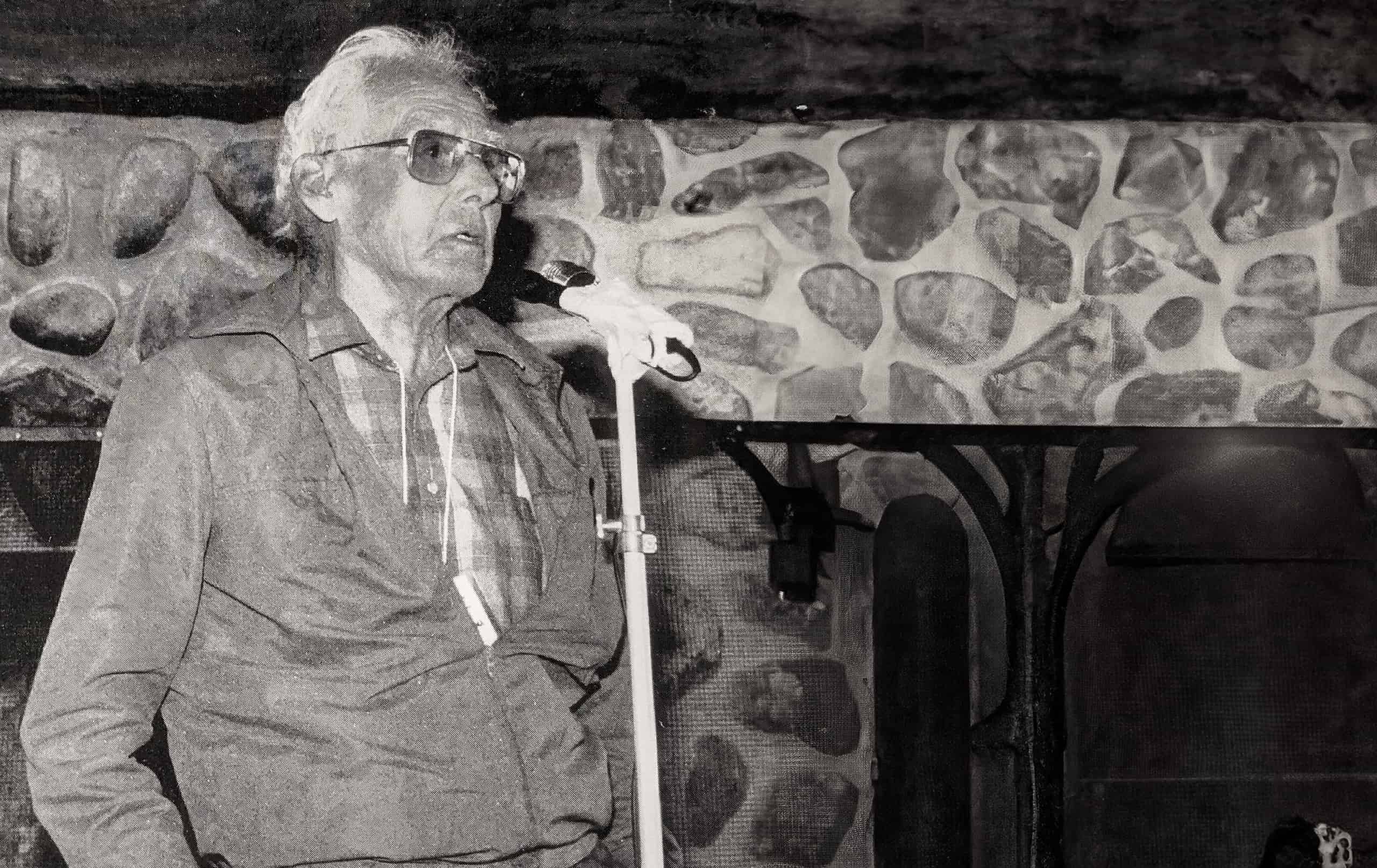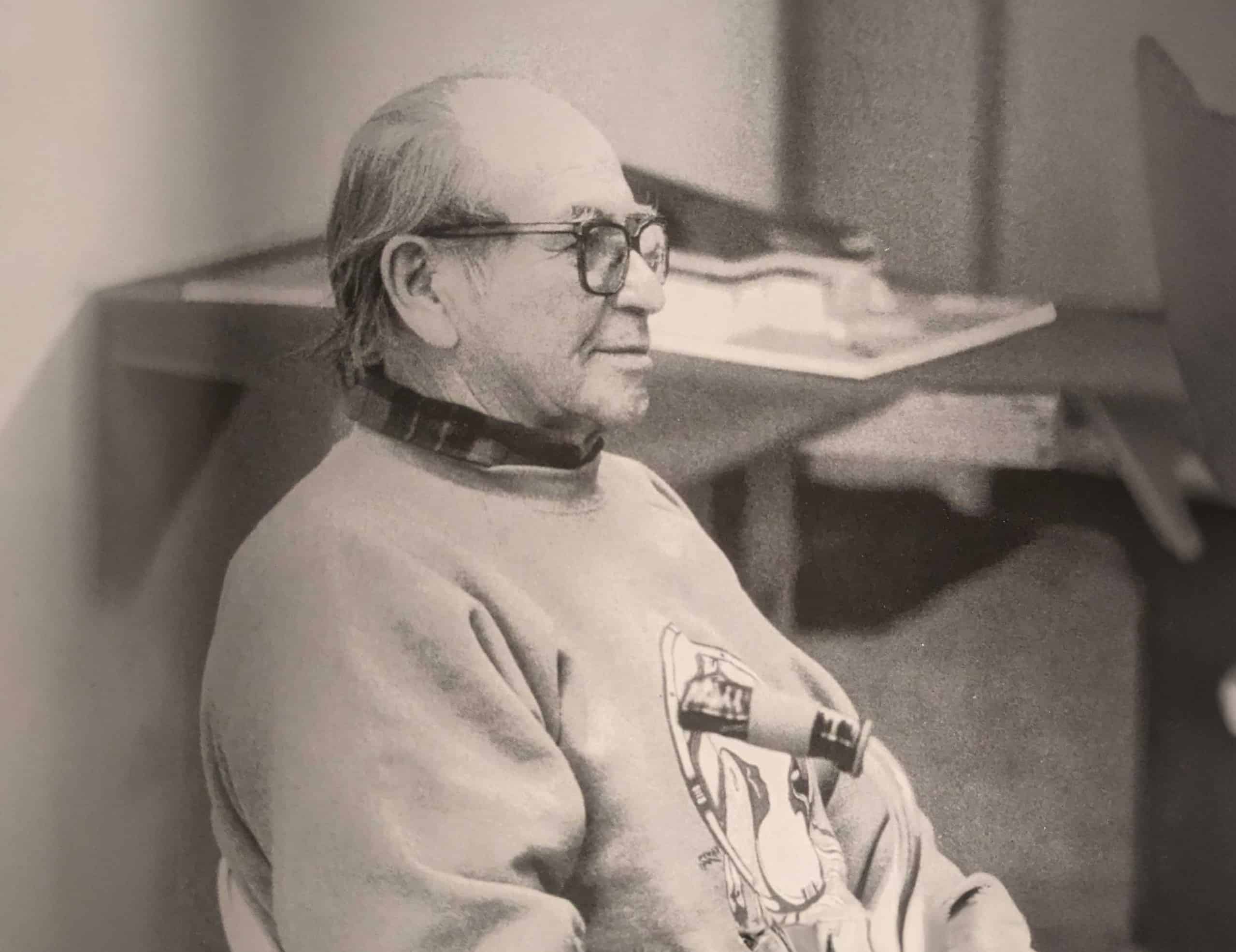In the Presence of Wisdom: Voices of the Land
Taken from the foreword of Voices of the Land, 1993. When the Elders met at the gathering “The Voice of

Adapted from Voices of the Land
In the intricate tapestry of Anishinaabe wisdom, the connection between a husband’s experiences during his wife’s pregnancy and the well-being of the child is profound. This perspective extends beyond the physical realm, emphasizing the importance of a father’s actions and choices during this transformative period.
The core message revolves around the urgency of passing down the Anishinaabe Way to the younger generations. Amidst modern distractions like television, preserving cultural values becomes challenging, but we remain optimistic. Even a small dose of ancestral knowledge and wisdom, shared before someone walks out the door, has the potential to be retained and valued in the future.
Central to the discourse is the idea that positive change takes time, demanding patience and persistent effort. We urge against passivity, emphasizing the necessity of actively engaging with challenges and rectifying weaknesses. The power of thought is a tool for transformation, with the acknowledgement that meaningful change requires time and dedication.
We pray to Kje Manito, the Great Spirit, seeking guidance in fulfilling duties and responsibilities. The importance of recalling the good ways, teachings, and beliefs of the Anishinaabe people is stressed. The community’s historical emphasis on taking care of each other is a value that has eroded over time.
Reflecting on the past, we explore contrasting perspectives on ancestral life. Some believe that their ancestors had a good life, while others perceive it as impoverished. Despite challenges, our ancestors lived better lives. Consider the impact of contemporary eating habits on health. Perhaps a return to traditional practices of hunting and fishing for fresh and wholesome sustenance is part of what we need.
The Creator provided all the necessary resources for the Anishinaabe to thrive. The ancestors’ reliance on self-doctoring and traditional medicines is contrasted with the contemporary dependency on doctors and packaged foods. The erosion of ancestral knowledge is lamentable, and the gift of reason and thought is emphasized as a powerful tool that has been underutilized.
We conclude with a call to exercise the gift of reason and thought, emphasizing the need to prioritize essential thinking over materialistic distractions. The diminishing strength of minds and wills in the present generation is contrasted with the robust mental capacities of the ancestors, who possessed the ability to foresee future events through exercising their powers of thought. There must be a revival of such mental fortitude. Through continued dialogue, our community might reclaim lost aspects of their ancestral way of thinking.
Taken from the foreword of Voices of the Land, 1993. When the Elders met at the gathering “The Voice of

Adapted from Association of Friends, August 1995 Art, a lifelong resident of Birch Island, exemplifies commitment and community engagement. Married to
Grandmother’s Voice: Creating opportunities for Indigenous community members to share their teachings, healing practices and traditional handicraft creation with the broader community.
Elevating Indigenous Knowledge and Culture across Halton Region has been the foundation of our organization. Collectively, we continue to serve as a beacon for building awareness and fostering connectedness. Rooted in our Nation’s origins, we are dedicated to enhancing capacity and illuminating the landscape of Indigenous social services and determinants of health. Join us on this transformative journey as we strive to strengthen bonds, raise awareness, and contribute to the well-being of our communities.
Grandmother’s Voice International Business #799454954RC0001


© 2024 All Rights Reserved.